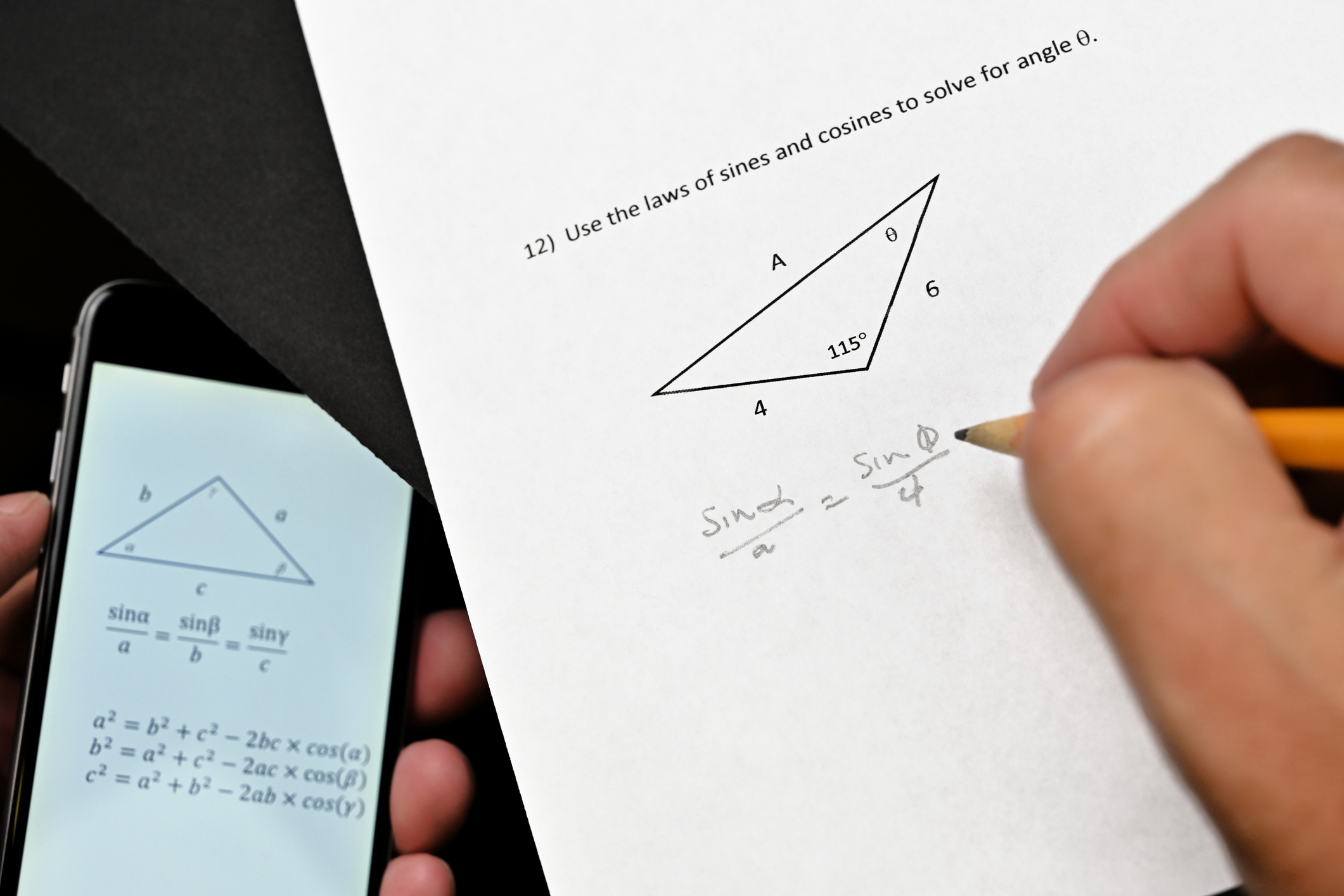Academic Integrity
Academic Integrity
Academic integrity is the foundation of a learning organization. Academic honesty is integral to the learning process and a necessary ingredient of academic integrity. Centennial College faculty and staff are responsible for ensuring standards of academic conduct, and students are responsible for being aware of and complying with these standards. Familiarize yourself with the Academic Honesty and Plagiarism Policy, particularly the behaviours that constitute academic dishonesty.

Integrity of Course Assessments
You will be required to demonstrate and share your knowledge by way of assessments (e.g., assignments and tests). As members of an academic learning community and future practitioners in your chosen profession, it is important that these assessments have integrity. Therefore, faculty members and invigilators are responsible for employing strategies to uphold the integrity of tests and assignments.
All submitted written work may be reviewed for authenticity and originality utilizing College-approved plagiarism prevention software. Students who do not wish to have their work submitted to College-approved plagiarism prevention software must, by the end of the second week of class, communicate this in writing to the instructor and make mutually agreeable alternate arrangements.
Tests conducted remotely may require the use of online proctoring technology where your identification is verified and your activity is restricted or monitored and/or recorded, both audibly and visually, through remote access to your computer and web camera. Your student ID card may be required to verify your identity. If you require an alternate assessment format you must communicate this in writing to the instructor as soon as possible and prior to the test to explore mutually agreeable alternatives.
There are many other strategies that faculty members may take to ensure academic integrity.
Breach of Academic Honesty Procedures
Suspected breaches of academic honesty will be investigated, principles of procedural fairness followed, and appropriate remedies and penalties applied in accordance with the Academic Honesty and Plagiarism Procedures. Use the tool below to understand the steps for investigating a suspected breach of academic honesty.
I did not know that what I did was considered cheating. Does that count?
Being a student at the College means you are subject to the College’s policies. It is your responsibility to fully understand the Academic Honesty and Plagiarism Policy. Therefore, ignorance is not an acceptable defence.
Where can I find resources about academic integrity?
Where can I find resources about academic integrity?
Resources on understanding academic integrity and how to avoid plagiarism and cheating can be found through the Library and Learning Centres at library.centennialcollege.ca/help-services/research-help/academic-integrity, including access to citation guides, an online module on academic integrity, and access to an online How to Cite module.
You are encouraged to take Centennial College’s Academic Honesty and You: A Student’s Guide to Academic Integrity. After completing this interactive online module you will be able to
- recognize the values and importance of academic integrity in your personal, academic, and professional lives;
- identify various types of breaches of academic integrity;
- implement strategies that uphold and promote academic integrity in your work; and
- recognize your rights and responsibilities as a Centennial student when it comes to issues related to academic integrity.
Is using “homework sites” or “study sites” cheating?
While there can be some legitimate use of these sites to support learning, when used inappropriately students can easily find themselves engaging in academic dishonesty and facing a violation of the Academic Honesty and Plagiarism Policy. Copying from these sites into an assignment or test or getting a tutor to do your work are breaches of academic integrity that could lead to sanctions. The College may initiate an investigation with these online platforms into unethical and dishonest use of materials and services on the site. The best thing to do is to ask your professor if you are permitted to use outside help on an assessment.
Posting materials on these sites can also lead to academic dishonesty and unethical conduct. Posting materials with the purpose of facilitating others to cheat is considered aiding and abetting as per the Academic Honesty and Plagiarism Policy. Additionally, these sites encourage students to upload course PowerPoint slides, notes, tests, exam materials, syllabi, course outlines, or student work. These materials are copyright protected and unless otherwise stated, you do not have license to share them. Taking or using intellectual property that is not the your own or that you are not authorized to take or use is a breach of the Student Code of Conduct, therefore uploading intellectual property or course materials could lead to disciplinary action.
Some professions have governing bodies which may view use of these sites (using and/or posting materials), even after graduation from the College, as a violation of their codes of ethics and may impact your licensure/accreditation/certification needed to practice in the field.
Is using ChatGPT cheating?
The College’s Academic Honesty and Plagiarism Policy and related Procedures apply equally to academic misconduct involving artificial intelligence (AI) text generators such as ChatGPT. Using any AI tool to generate text/writing, ideas, artistic work, creations, etc. that is then represented as your own original work, in whole or in part, is considered plagiarism. Unauthorized use of generative AI tools is also considered a breach of policy. Always ask your professor what is permitted when completing assignments/tests.

